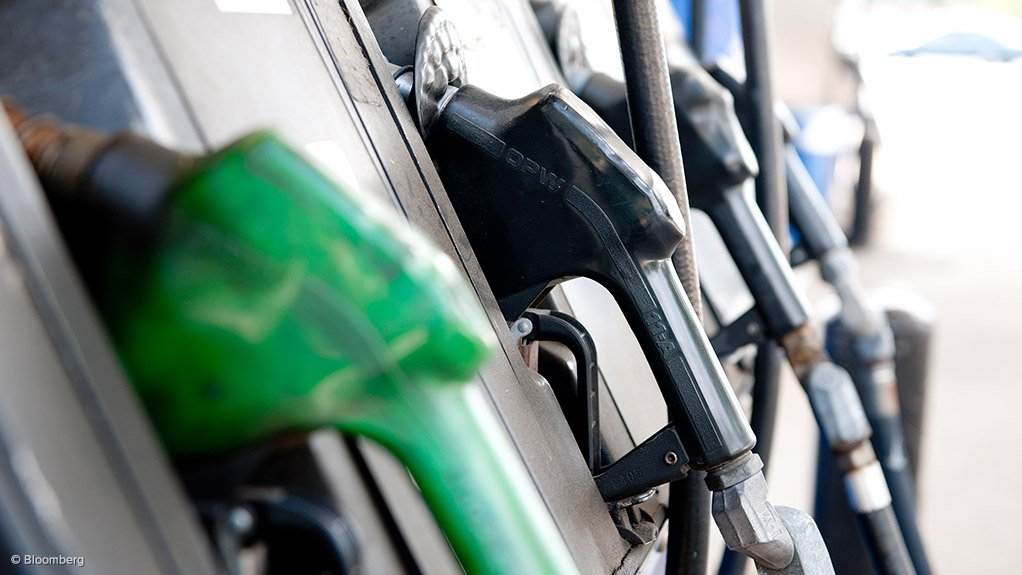In line with the carbon tax increase that becomes effective on January 1, 2023, from R144/t to R159/t of carbon dioxide equivalent, the carbon fuel levy for 2023/24 will increase by 1c to 10c/l for petrol and 11c/l for diesel, from April 5.
The carbon tax cost recovery quantum for the liquid fuels refinery sector increased from 0.63c/l to 0.66c/l effective from January 1.
In announcing the 2023 Budget on February 2022, Finance Minister Enoch Godongwana reiterated South Africa’s commitment to achieving its Nationally Determined Contribution to reduce greenhouse gas (GHG) emissions.
In 2023, National Treasury will consider stakeholder inputs on the possibility of a domestic market to trade tax credits created through the carbon tax.
The consultation will focus on the building blocks needed to ensure seamless trading, including the legal nature of carbon credits as a financial asset, trading and post-trade market architecture, licences for private carbon credit funds and carbon credit certification.
BACKGROUND
South Africa’s carbon tax came into effect in 2019 and is based on the “polluter pays” principle, incorporating the real cost of GHG emissions into the price of carbon-intensive production activities. In the 2022 Budget speech, Godongwana extended the first phase of the carbon tax by three years to December 31, 2025, with mandatory carbon budgeting having come into effect from January 1, 2023.
Since January 2022, the carbon tax rate has been R144/t, or $8.30/t, of carbon dioxide equivalent. The rate is set to increase progressively every year to reach $20/t by 2025. In the second phase of the carbon tax from 2026 onwards, the carbon tax rate will have larger yearly increase to reach at least $30/t by 2030.
EMAIL THIS ARTICLE SAVE THIS ARTICLE ARTICLE ENQUIRY
To subscribe email subscriptions@creamermedia.co.za or click here
To advertise email advertising@creamermedia.co.za or click here











